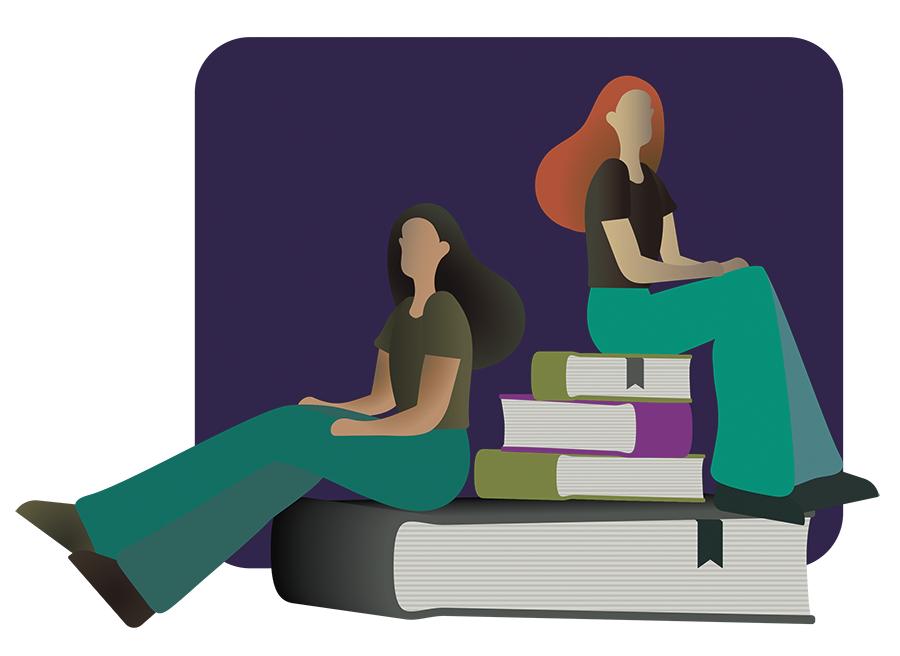Maintaining independence essential in relationships
April 7, 2015
I happen to know from personal experience that people early in the recovery stage can find themselves in relationships, and not have it ruin their recovery or their life. This is not common, but it is definitely possible.
My relationship flourished, while so many others have not. But what could my partner or I possibly be doing so differently from the rest? It was only nine months from my last use when my partner had not yet “had enough” and went through a life-changing relapse.
How did we not only survive that as a couple, but as individuals in recovery? Simple. My partner’s recovery is not dependent on me, nor is my recovery dependent on my partner’s!
We are two different people, living two different programs, who rely on very different methods of recovery. That is not to say that we do not depend or rely on each other. We depend on one another to make the right decisions for ourselves. We rely on each other as a source of hope and inspiration when the other is feeling down.
However, we can never be the only source! We must not keep the other down when we ourselves are feeling down, though it can be tempting. As using addicts, it was quite common to exhaust any and all resources, but in recovery that approach to life has to change. We can no longer look at each other like a means to an end. There is no end if we have chosen life. My partner and I are a reflection of that choice.
In our relationship, which has changed greatly over the years, we look to each other for guidance, but not as higher powers. We each have our own concept of a power greater than ourselves, and it is not each other. We look to each other for strength, but not as the sole rock on which we lean. We each have a sponsor; with solid time in recovery themselves, who we can count on when life gets difficult or confusing.
We look to each other for inspiration, but no more so than we look to a newcomer for the same. In addition, there is a bounty of literature that is filled with plenty of inspiration, experience, strength, and hope. We are also inspired by our own recoveries. We can always look back in sheer amazement at how much we have changed in the short time we have been clean and living a healthy lifestyle.
At this point we no longer live together but we are happier and more functional as two people who care for one another, because we have learned that there is so much more that we want for our lives as individuals. As painful and scary as it is, not having a partner at your side every step of the way can be truly liberating.
To conclude this series of relationships in early recovery, I would just like to add that we cannot be certain what lies ahead for us as we enter into each new day, but we will never know what could have been if we never take the courageous risk of finding out for ourselves. Granted, the likelihood of our feelings getting hurt along the way is high, but we must not let that deter us. The pathway to happiness is laid out for each of us, and it is our responsibility to light that path with the continued hope and faith we had when our recovery journey began.
Live. Live well. Live free.































